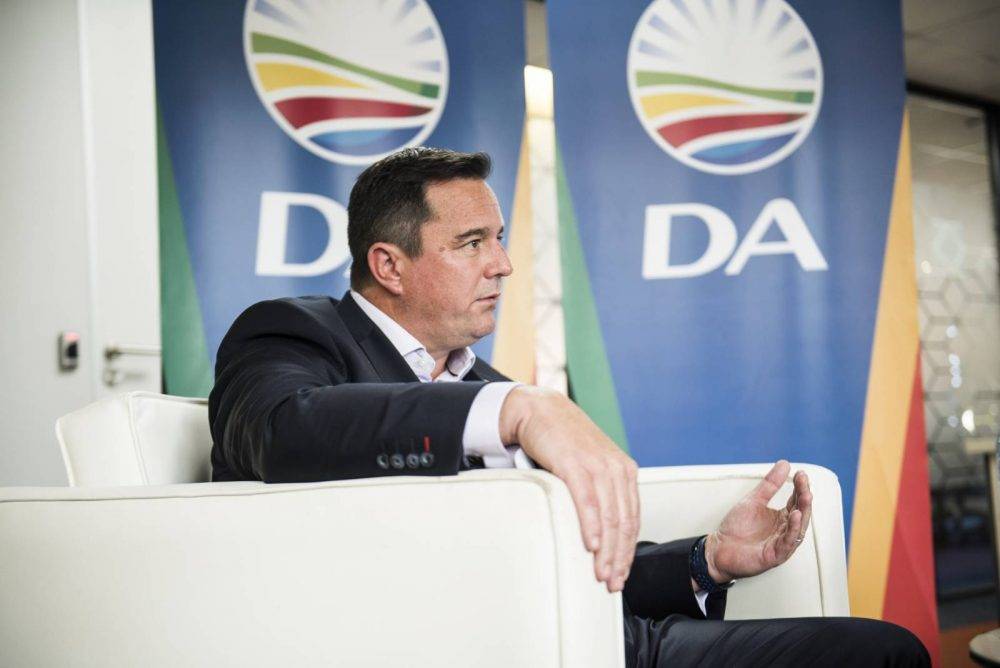DA’s Legal Challenge to Employment Equity Risks Dividing South Africa

Democratic Alliance leader John Steenhuisen. Photo: Delwyn Verasamy/M&G
Strategic Blunder or Political Folly?
The Democratic Alliance’s (DA) recent decision to challenge South Africa’s employment equity regime through the courts represents a dangerous political miscalculation. As a partner in the Government of National Unity (GNU), this legal action threatens to undermine coalition politics and deepen national divisions.
The Rise of Lawfare in South African Politics
While political parties have every right to approach courts for relief, the DA’s move exemplifies a worrying trend of “lawfare” – using legal mechanisms to settle political disputes. This approach weakens democratic debate and places unnecessary strain on our constitutional separation of powers.
Courts have repeatedly demonstrated wisdom in referring political matters back to Parliament. However, the DA’s persistent legal challenges risk eroding this delicate balance between judicial and legislative functions.
Five Fundamental Problems With the DA’s Approach
1. Selective Constitutional Interpretation
The DA appears to embrace constitutional principles only when they serve its constituency’s interests, ignoring the document’s transformative vision for addressing historical injustices.
2. Racial Liberalism Legacy
The party remains wedded to what scholar CW Mills termed “racial liberalism” – a system preserving white privilege while denying full personhood to people of color.
3. Empty Rhetoric of Unity
DA slogans about “one South Africa for all” ring hollow when the party opposes substantive redress measures essential for true national unity.
4. Lack of Historical Redress
The party demonstrates no meaningful strategy to address centuries of slavery, colonialism and racism, including rejecting calls for reparations.
5. Foreign Policy Contradictions
While part of the GNU, the DA undermines official government positions on Palestine, Ukraine and US relations through inappropriate megaphone diplomacy.
Political Consequences for the DA
With limited prospects of surpassing its 22% electoral ceiling, the GNU represents the DA’s peak political achievement. Yet its employment equity challenge erodes hard-won trust and isolates the party within the coalition.
This follows recent defeats on key legislation including:
- National Health Insurance
- Basic Education Laws Amendment
- Expropriation of Land Act
A Better Path Forward
Rather than divisive legal battles, the DA should:
- Develop progressive strategies beyond racial liberalism
- Engage constructively in policy reform within the GNU
- Support genuine transformation that benefits all South Africans
As historian Eddy Maloka suggests, coalition partners should view this moment as an opportunity to build a “second republic” – transforming South Africa rather than simply reproducing political elites.
Lawfare represents the low road in politics. The DA must choose the higher path of strategic engagement if it hopes to remain relevant in South Africa’s evolving political landscape.
Originally published in Mail & Guardian


